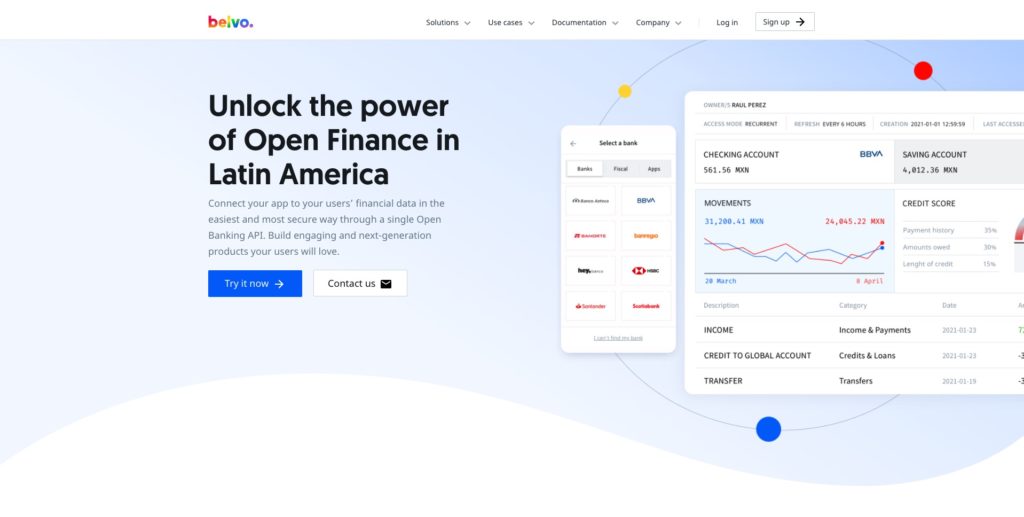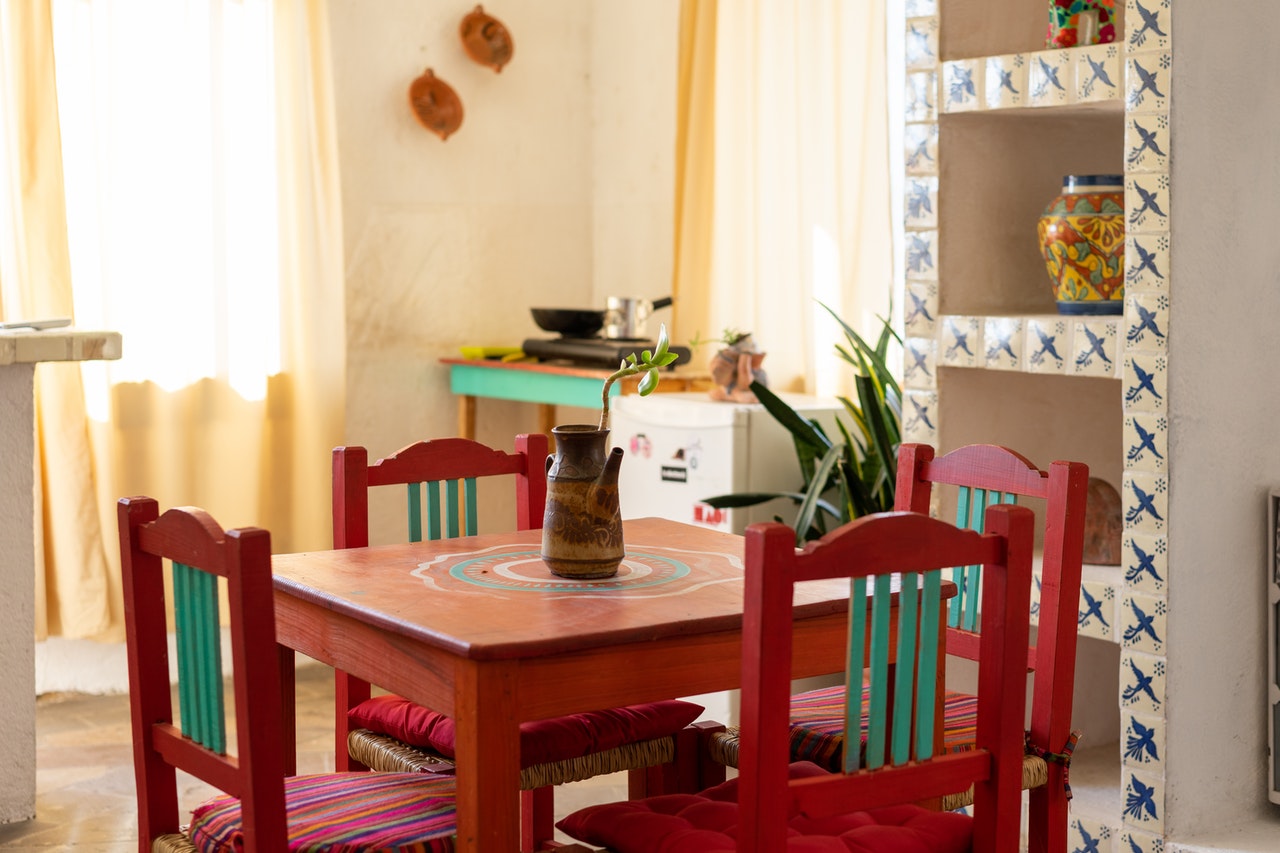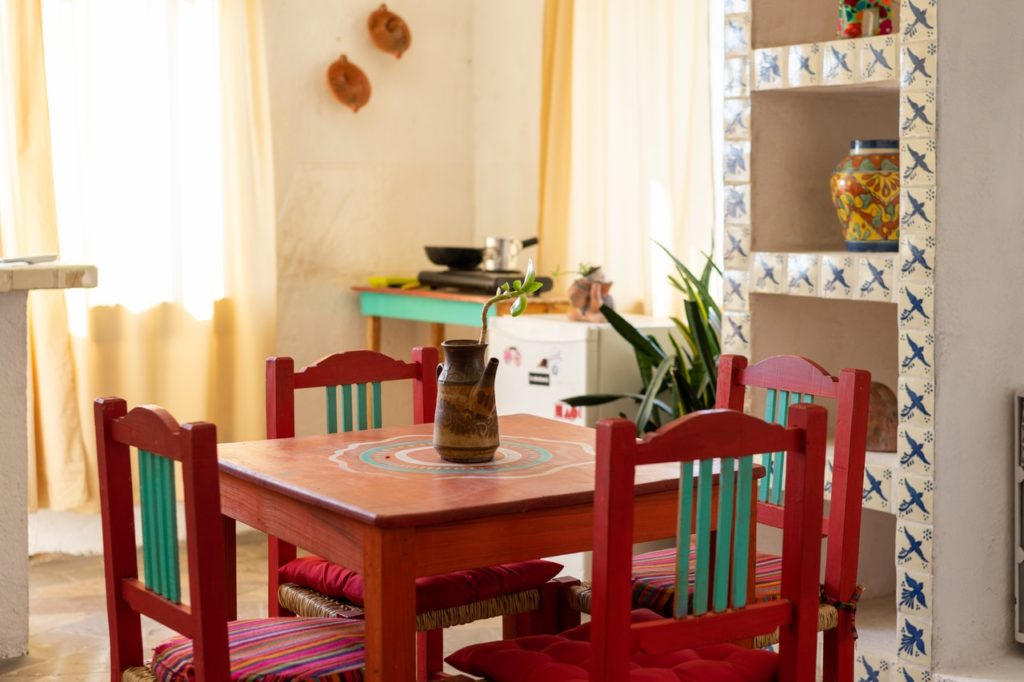
Recent news headlines have underscored the long-standing relationship between fintechs in India and the UAE.
This week, we learned that Indian payment solution provider PayMate has teamed up with both Visa and Citi to automate business payments in the UAE. The collaboration will involve both accounts payables and receivables, enabling institutions to benefit from end-to-end payment automation.
Access to PayMate’s platform also will give corporations in the UAE the ability to take advantage of longer Days Payable Outstanding (DPO) as purchasers, as well as make supplier payments earlier. The platform, which auto-reconciles both made and received payments in real-time, also allows for settling of corporate card payments directly into the accounts of suppliers.
A Visa-certified Business Payment Solution Provider (BPSP), PayMate is looking to leverage its relationship with Visa into offering both its platform and working capital solutions to other countries in the region. More than 105,000 Indian businesses currently use the PayMate platform.
Also this week we learned of that a partnership between the National Payment Corporation of India (NPCI) and UAE-based Mashreq Bank will bring Unified Payments Interface (UPI) to the UAE to support Indian business and leisure travelers to the country.
Unified Payments Interface is an instant, real-time payment system launched by NPCI that enables multiple accounts to be controlled via a single mobile app. The solution supports a wide range of banking features ranging from money transfers to bill sharing and billpay to merchant payments. Introduced in 2016, UPI currently facilitates 10% of all retail payments in India, and has more than 100 million monthly active users in the country. Last year, $457 billion in value moved on the UPI platform, and analysts believe that UPI will top both Visa and Mastercard in India by 2023.
And while bringing UPI to the UAE will be a major boon for Indian travelers and expats in the country, the UAE stands to benefit as well from the support that additional digital payment activity will provide to the UAE’s digital payments ecosystem.
“We are delighted to collaborate with NIPL (NPCI International Payments) to introduce their mobile-based real-time payment systems to our customers in the UAE,” EVP and Head of Payments for Mashreq Bank Kartik Taneja said. “Given the position of UAE as an international commerce and tourism hub, retail merchants in the Emirates always enable the latest payment methods that are expected by our international clients.”
It is worth pointing out that Indians represent the largest expatriate community in the United Arab Emirates, its more than 3.4 million members representing more than 38% of the UAE population. And while this is no surprise to anyone who has visited the UAE, the impact of this sizable population on the fintech industries of both nations is notable. In the summer of 2019, the Dubai Startup Hub, a project of the Dubai Chamber of Commerce and Industry, announced its intention to “woo” Indian fintechs to the UAE with a $100 million fund for financial services startups.
Underscoring Dubai’s role as a “testbed” for enabling technologies like blockchain and AI,” Manager of the Entrepreneurship Department at the Dubai Chamber of Commerce Natalia Sycheva noted that Indian startups represented more than 30% of the total start-up community in the country. “When we decided to launch the programme of attracting overseas start-ups here,” Sycheva said, “naturally the first choice was India, as 30% co-founders of our Dubai Startup Hub have Indian origin.”
Here is our look at fintech innovation around the world.
Latin America and the Caribbean
- Digital payments and banking technology provider i2c announced a partnership with Mexico-based SME lender Credijusto.
- Reuters reported this week that Brazilian fintech Nubank hopes to achieve a valuation of more than $55 billion in its upcoming U.S. IPO.
- Latin American e-commerce and financial services technology company Mercado Livre has acquired Brazilian logistics company Kangu.
Asia-Pacific
- Vietnam-based payments company VNLife raised $250 million in new funding to earn a valuation of more than $1 billion.
- Indonesia fintech Akulaka announced first half of 2021 revenues of $500 million.
- Singapore-basd financial services company Honest Bank secured $19.7 million in a Series A round led by Insignia
Sub-Saharan Africa
- Hijira Bank of Ethiopia partnered with Path Solutions to provide the interest-free bank’s core banking platform.
- Nigerian payments company OPay raised $400 million in a Series C round that gives the fintech a valuation of $2 billion.
- African payments startup pawaPay scored $9 million in seed funding in a round led by MSA and 88mph.
Central and Eastern Europe
- German machine learning platform for financial services companies Taktile secured $4.7 million in seed funding.
- Coinbase teamed up with banking-as-a-service platform Solarisbank to ensure complaint identification for its customers in Germany.
- Germany-based expense management platform Moss closed a $29 million Series A extension funding round.
Middle East and Northern Africa
- HSBC Qatar introduced mobile payments and collections services for both its retail and corporate customers as part of the firm’s digital transformation efforts.
- Indian payment solution provider PayMate teamed up with both Visa and Citi to automate business payments in the UAE.
- Arab Bank launched its AB Accelerator in Egypt.
Central and Southern Asia
- Pakistan-based B2B marketplace Bazaar raised $30 million in Series A funding in a round led by both Defy Partner and Wavemaker Partners.
- Indian credit-led challenger bank Freo unveiled a zero-balance savings account with a 7% interest rate courtesy of a partnership with Equitas Small Finance Bank.
- Singapore-based fintech Thunes has teamed up with Pakistan’s Bank Alfalah to bring instant payments to banking customers in Pakistan.
Photo by Sreenadh TC from Pexels



























